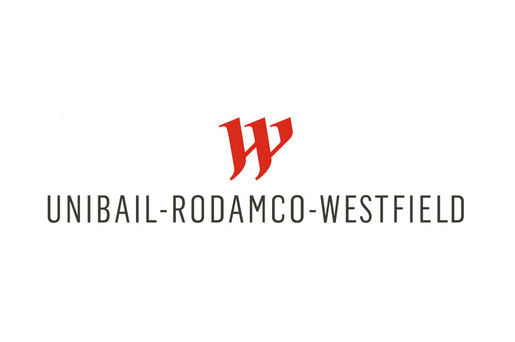Due diligence is a review agreed in advance between the buyer and the seller focused on accounting, tax, economic, technical or other aspects of the company the client intends to purchase, sell, finance or merely control. Financial due diligence is aimed at analysing individual items within the target company’s financial statements. It is carried out to identify any risks caused by incorrect accounting or misstatements in the balance sheet, such as overvalued assets and undervalued or undisclosed liabilities. Tax due diligence focuses on tax risks, such as tax compliance and the correct application of tax laws.
The scope of due diligence is optional in terms of the areas of focus. The review can concentrate on the basic aspects that are of interest to the client, or an in-depth review can be undertaken. Everything depends on the client’s specific needs. At the same time, a materiality threshold is determined in advance which can differ for various risk areas, all depending on the conditions agreed in advance.
Due diligence application
Due diligence is primarily used for investment plans to acquire another business or assets and should be considered by the investor before conducting the transaction. Due diligence can of course be initiated by the seller. Due diligence results often serve as a basis for negotiating the purchase price, with the aim of preventing unnecessary harm incurred by the companies involved and reflecting the identified risks in the contemplated purchase price. Due diligence is also used for obtaining financing (a condition required by the financing partner) or fulfils an audit function (such as government bodies auditing the management of state budget-funded organisations).
Potential risks if due diligence is not exercised
Not exercising due diligence on the target company can mean that the expectations from the planned transaction will not be achieved. This can happen for example when the target company is unable to generate the expected profit for reasons such as misrepresentations of its results caused by one-off transactions or increased costs due to penalties imposed by authorities for failure to comply with its duties. As a result, knowing the potential risks is key to decision-making.
Due diligence process
The adviser primarily focuses on documents available in the data room. Typically, this is a virtual room for document management and storage providing authorised online access to documents. Given that the information related to the planned transaction is often highly confidential, communication usually takes place within a very limited group of persons. Therefore, the adviser’s questions are directed to a designated contact person only. The client is informed about the course of the due diligence in regular intervals. This gives the client an opportunity to get involved in the review and, where necessary, have certain areas covered in more detail.
Due diligence report
The findings made during the due diligence are presented in a clear report discussing the individual areas of focus and highlighting potential problems. The report can be used for negotiations for the purchase price or for obtaining financing.
RSM CZ offers financial and tax due diligence services for Czech as well as foreign clients. Our services are not limited to the private sector only. We are prepared to represent clients both on the sell side and the buy side.














